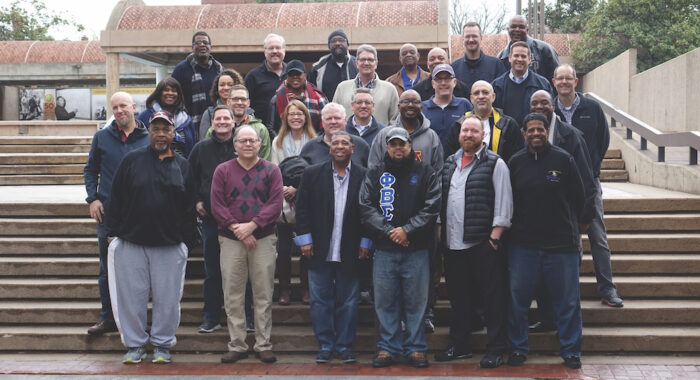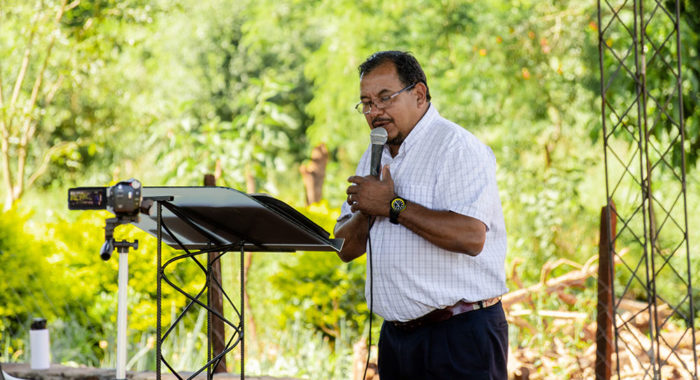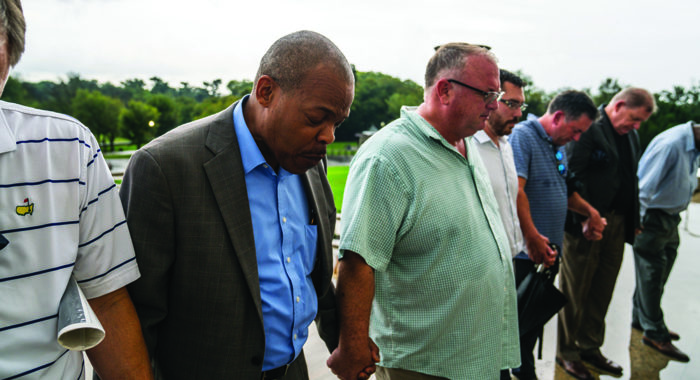Rose Dowsett is vice chair of the World Evangelical Alliance Mission Commission, which responds to the needs of national and regional mission movements around the globe. She is also co-leader of the Global Missiology Task Force of the WEA. She is a retired missionary with OMF International, which endeavors to share the good news of Jesus Christ in all its fullness with East Asia’s peoples to the glory of God.
On the other hand, there are parts of the church which teach that God’s promised shalom encompasses the here and now in such a way as to ensure health, wealth, and safety for any Christian walking in his will; to miss out on these things is evidence of lack of faith and obedience.
The fact is that there are vibrant believers who can be found in both these categories (and of course there are many between these poles). It is not easy to harmonize these very different beliefs and experiences. There are committed Christians who prosper (in every sense of the word); and there are committed Christians whose lives are lived entirely within the boundaries of acute poverty, chronic sickness, and unjust suffering.
It is true that Jesus healed many sick people and that he expected his disciples also to be able to cast out demons and heal the sick as signs of the kingdom (see, for instance, Mark 16:15–18). It is also true that in Matthew 6:28–34 Jesus links faith with provision of food and clothes: “Seek first [God’s] kingdom and his righteousness, and all these things will be given to you as well” (Matt. 6:33).
Yet a far stronger thread in Jesus’ teaching is of a more somber character. He insists that persecution will be inescapable for his disciples: “All men will hate you because of me…. When you are persecuted in one place, flee to another” (Matt. 10:22–3). Or again, “they will lay hands on you and persecute you. They will deliver you to synagogues and prisons, and you will be brought before kings and governors, and all on account of my name. This will result in your being witnesses to them” (Luke 21:12–3). In both these instances, persecution and suffering is directly linked to testimony to unbelievers.
Even more fundamental, and integral to authentic discipleship, is the command to “take up your cross and follow me” (Matt. 16:24); that is, identifying with, and sharing the experience of, the shame and unjust condemnation and suffering of the Lord in his death at Calvary is absolutely central to being a Christian.
This article is an excerpt from Sorrow & Blood: Christian Mission in Context of Suffering, Persecution, and Martyrdom, By William D. Taylor, Antonia van der Meer and Reg Reimer © 2012 by World Evangelical Alliance Mission Commission. Used by permission of William Carey Library, Pasadena, CA. www.missionbooks.org



 View All Articles
View All Articles 




























